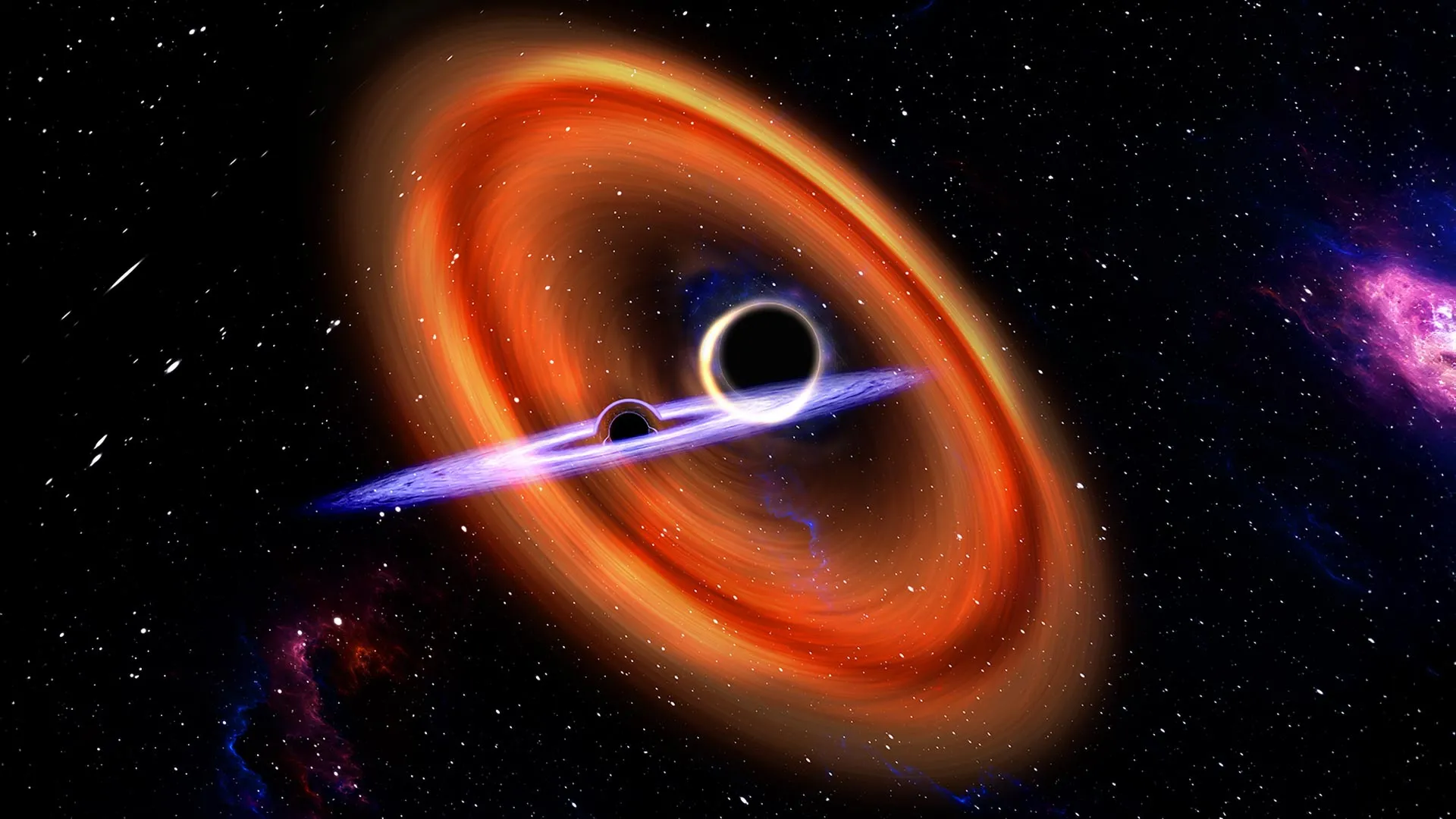Twin black hole collisions put Einstein’s general relativity to its most extreme test

AI Summary
In late 2024, two black hole collisions were detected by the LIGO-Virgo-KAGRA Collaboration, reshaping scientists' understanding of cosmic events and confirming predictions from Einstein's general theory of relativity with unprecedented precision. The first event, GW241011 on October 11, involved a 26-solar-mass black hole spinning at an unusually high rate merging with a 6-solar-mass companion about 700 million light years away. A month later, GW241110 was observed, featuring two black holes weighing approximately 17 and 8 solar masses, with the larger one spinning in the opposite direction of its orbit, marking the first such observation. These detections offer insights into black hole formation and evolution while serving as laboratories for testing fundamental physics laws.
Key Topics & Entities
Keywords
Sentiment Analysis
Source Transparency
This article was automatically classified using rule-based analysis. The political bias score ranges from -1 (far left) to +1 (far right).
Topic Connections
Explore how the topics in this article connect to other news stories